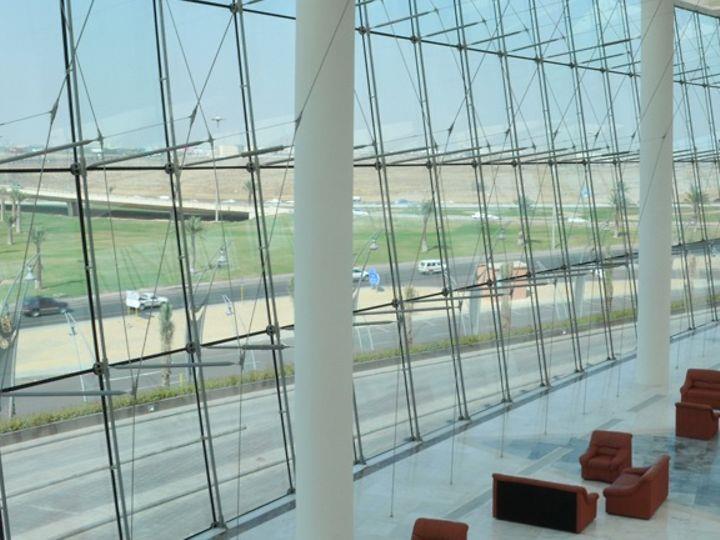by Stanley Reed*
Saudi Arabia — In a makeshift camp under a starry sky, Ghazi Al-Anazi talked about his experience in the fledgling Saudi tourist business. A decade ago, barely in his 20s, he started taking British business associates of his brother to see the wind-carved hills of the Saudi desert.
Now 31, he has a small fleet of S.U.V.s, nearly a dozen employees and a self-taught ability to cater to the whims of visitors from many nations.
“I know what they want to do, and what I need to do about it,” he said, ladling out a dinner of barbecued chicken and Middle Eastern salads to a couple of dozen tourists from France, Ukraine, Malaysia and the United States.
Mr. Al-Anazi and his business, Ghazi Tours, take up to 900 visitors a month on treks like this one to a dry riverbed dotted with venerable acacia trees north of Riyadh, the Saudi capital.
But he’s confident those numbers are about to multiply, as Saudi Arabia begins to open itself up as a major tourist destination. The government recently began issuing tourist visas for the first time, a remarkable shift for a traditionally shuttered society.
And it goes far beyond that: Billions of dollars are being poured into vast tourism projects throughout the kingdom, from flashy resorts to new airports, in a bid to shift the economy away from its dependence on the petroleum industry and the government jobs it finances.
Visiting Saudi Arabia has long been a difficult proposition for everyone except Muslim pilgrims going on the hajj and business travelers. For decades, historic sites have been largely ignored, and hotels and travel services were scarce outside major cities.
Unemployment among Saudi nationals is stubbornly high, about 12 percent. But the government figures that the travel industry, which employs about 600,000 people, can be expanded to create up to a million more jobs, as the need for everything from drivers, chefs and guides to hotel managers and archaeologists expands.
The move toward tourism was devised by Crown Prince Mohammed bin Salman, the kingdom’s 34-year-old chief policymaker, whose Vision 2030 program seeks to diversify the economy, draw in more outside investment and expand the private sector.
The Saudis are hiring international real estate executives and introducing elaborate advertising campaigns to try to put themselves on the map. Already, there are signs the push is paying off: Saudi hotel room sales in the first nine months of 2019 increased 11.8 percent from the same period last year.
But a question hanging over the whole initiative, some travel experts say, is how many people will want to visit an ultraconservative kingdom that’s the subject of intense criticism over its treatment of dissenters and women, that restricts the use of alcohol and until recently barred unmarried couples from sharing rooms.
An effort to overcome those concerns by inviting social media influencers for expense-paid trips this year prompted a backlash by online commenters.
Saudi Arabia is promoting a different image: ultramodern resorts, ruins from ancient civilizations and romantic desert landscapes once crossed by Lawrence of Arabia. And tour guides won’t object if you want to take a selfie with a camel.
Referring the vast golden vistas, “I call it the new yellow oil,” said Amr Al Madani, the chief executive of the Royal Commission for Al-Ula, a region in the northwest part of the kingdom that is roughly the size of New Jersey.
*London-based journalist, has been writing for The New York Times on energy, the environment, and the Middle East since 2012
**more on: www.nytimes.com




 By: N. Peter Kramer
By: N. Peter Kramer
